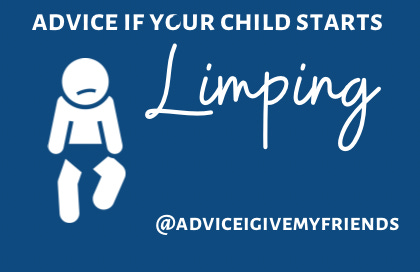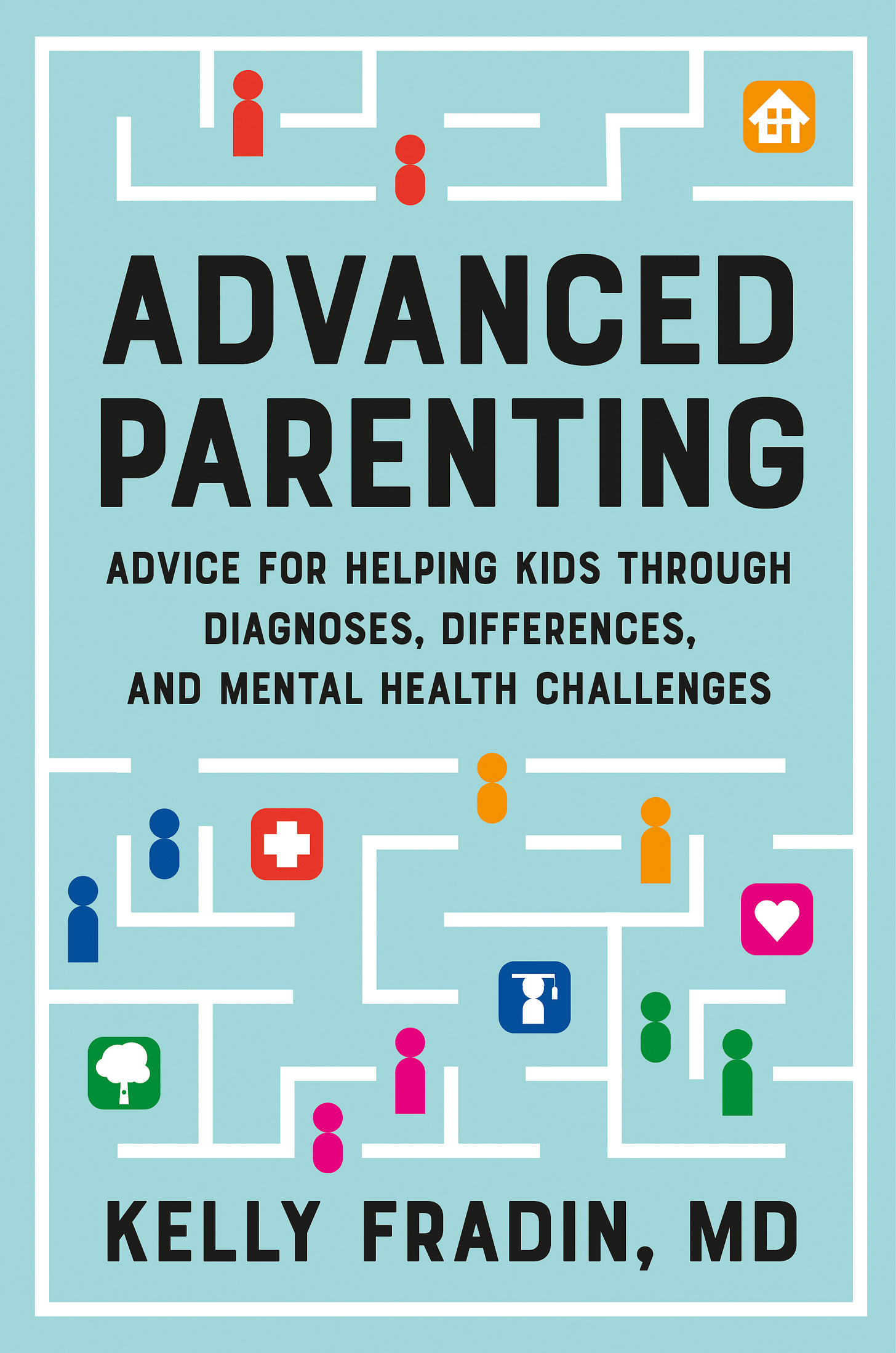Today, I’d like to talk about a relatively common condition that is generally unknown in the parent community - transient synovitis.
The synovia refers to the lining of the joint which provides lubrication to allow your joints to go back and forth. When the synovia is inflamed for any reason - it’s referred to as synovotis.
When a child has transient synovitis, for a short period of time, a few days to a week, the child has swelling, pain, and decreased range of motion in the joint most frequently the hip. This presents in around 3% of children at some point, more commonly in boys and most often between the age of three and eight. Sometimes it can follow a stress - a respiratory infection or vaccination. But often the antecedent event isn’t clear. We don’t really know why it happens.
So what would you do if you woke up and your child was limping one day?
To understand how to approach that problem as a parent you should know what the other potential diagnoses are. You can’t simply assume it’s transient synovitis if you don’t know what you’re talking about because you may miss something important.
First the presence of a fever and limp requires emergency evaluation. Even though it’s likely to be a benign cause, there’s a possibility of having a bacterial infection of the joint requiring antibiotics and sometimes even surgery to clean the infection out from the joint space. In other children the fever may signal that the synovitis or joint inflammation is due to an autoimmune disease like lupus, juvenile inflammatory arthritis, inflammatory bowel disease or a cancer. These things are very, very rare and unlikely, but very important to identify promptly so the child can start treatment.
When your child has limp and no fever you should still make your way to the pediatrician to consider other rare conditions and obtain whatever workup may be necessary. Limp can be a sign of late Lyme disease, a broken bone, or a slipped growth plate. The most common cause is probably transient synovitis and likely to be self-limited - it will go away on its own and be no big deal. But depending on the specifics of what your child has going on- the medical team may need to get bloodwork, an x-ray or a sonogram of the joint to feel confident about the diagnosis.
If you’ve done this and learned that the child does have a transient synovitis the treatment is simple - anti-inflammatories or ibuprofen in regular doses around the clock until the pain and limp improves.
We normally think of transient synovitis as only impacting one joint and most frequently the hip joint. However what we know is that the closer we look the more likely we are to find that it affects multiple joints. The bilateral hip may be included in about 25% of circumstances. Or the symptoms may have been more chronic lasting for weeks instead of days.
But I’m curious given how common is condition is namely 3% of children have it have you ever heard of it?
I bet you haven’t. Drop your questions in the comments.
In case you missed it, Advanced Parenting has a cover and is available for preorder!
I hoped the cover would convey that there is no one correct way to proceed when your child faces a challenge. While it’s not an easy process (in fact it’s a maze!), you aren’t alone in your journey. Though other kids are facing their own challenges which may be unique, most kids have some sort of challenge at some point!
You may know that preorders are SUPER important for the success of new books. They determine everything about how many books are printed, which stores pick it up, and how much resources are invested in the publicity and marketing. All to say, please preorder and share with any friends or family who may be interested!
Thanks and more to come soon!





My son has this just before his 2nd birthday! We had no idea what was wrong and had a very long ER visit to rule everything out. Within 2 days of ibuprofen he was completely fine.
Never heard of this, but my 10 year old son is limping today with pain in his hip so hoping that ibuprofen helps and will make a ped appointment for next week! No fever or other symptoms so that's good.